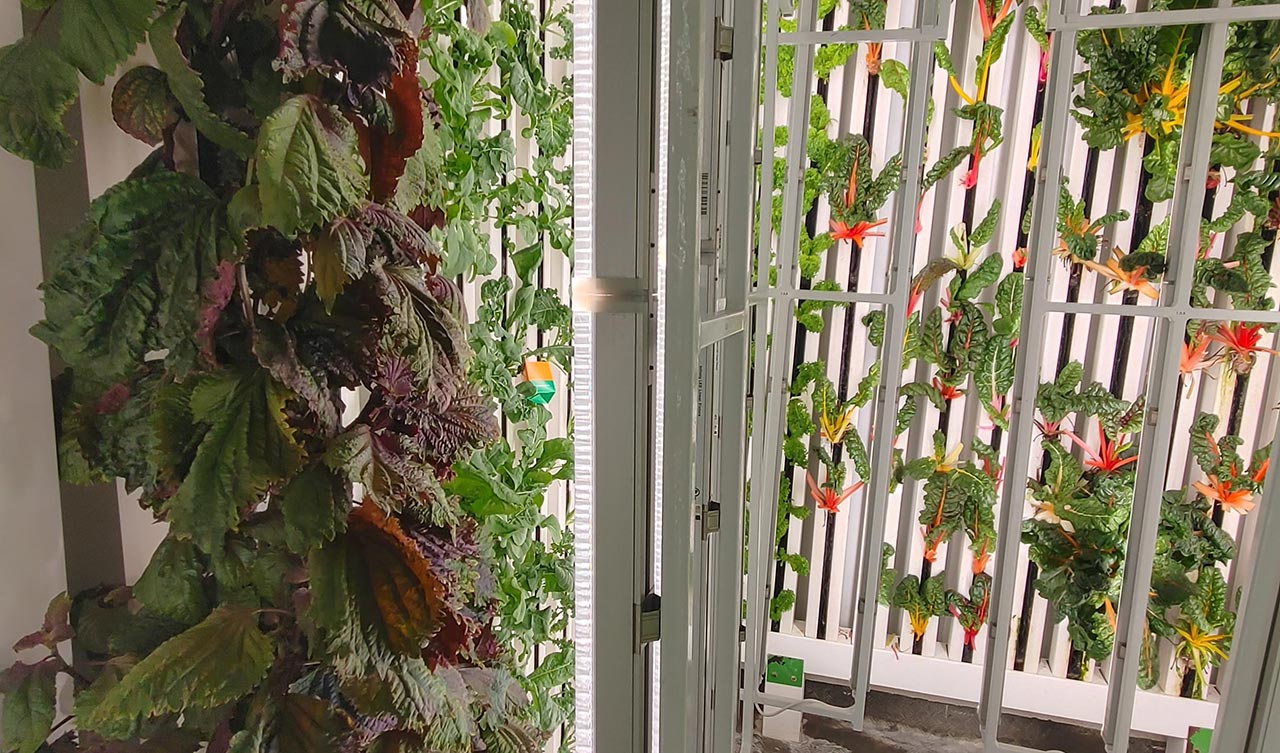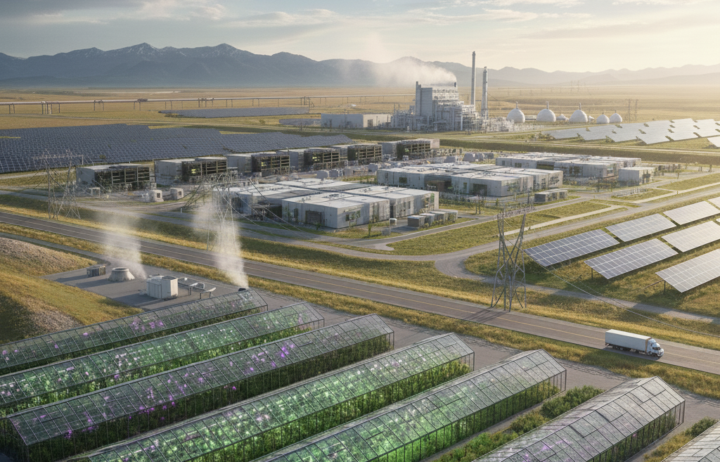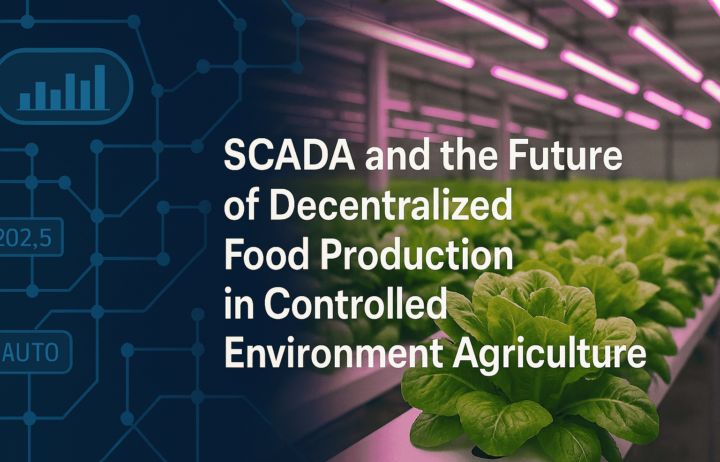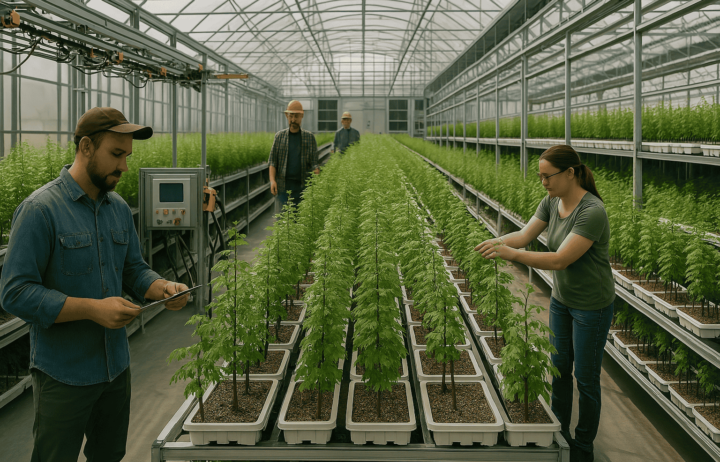
Growing Local, Growing Smart: The Power of Small-Scale Indoor Farms
Growing Local- At a time when inflation is accelerating food insecurity for many families, and economic challenges and environmental concerns continue to put pressure on the agricultural sector, the industry is exploring innovative solutions to secure its future. Indoor Vertical Farming has emerged as a promising alternative.
While different types of farms will serve varying purposes, small-scale farms integrated within local communities will be a critical part of the solution. These farms offer unique advantages in addressing challenges presented by increasing transportation and fertilizer costs, carbon taxes, water availability and unexpected risks, like the pandemic, which imposed a tremendous strain on remote communities.
Transforming Communities
Small modular farms also provide farmers with an opportunity to diversify their traditional crops and mitigate the environmental risks that make business so challenging. Large-scale agricultural systems are highly vulnerable to macro risks like economic fluctuations and highly dependent on the centralized paths to market. Small-scale indoor vertical farms, nestled within neighbourhoods, urban centres, or remote communities, have the potential to transform the way we engage with our food and may be the industry’s greatest opportunity.
By establishing small indoor vertical farms within communities, food production becomes decentralized. This helps mitigate risks associated with reliance on large-scale agricultural systems, which are vulnerable to disruptions like extreme weather events, supply chain interruptions and high costs.
With local small farms, communities become more resilient and independent, ensuring a consistent supply of produce. This is especially critical for remote communities in Canada, including indigenous communities, where transportation can be difficult and expensive, imposing risks on food security.
Cultivating a Sustainable Future
Small indoor vertical farms can be designed with a focus on sustainability, utilizing advanced technology for lighting, hydroponics, and efficient water and fertilizer management. By optimizing resource usage, these farms minimize consumption and diminish the overall carbon footprint. Furthermore, the elimination of long transportation distances lowers greenhouse gas emissions associated with the supply chain.
The integration of small indoor farms within traditional farms can also bring numerous benefits to existing producers. These indoor farms can serve as supplementary production units, allowing farmers to diversify their offerings and multiply growing seasons. Farmers can pursue business crops that are traditionally not viable in their region for environmental reasons or provide foods that were previously seasonally limited.
Moreover, the integration of indoor farms promotes knowledge exchange and innovation, fostering collaboration between consumer and producer communities and ultimately enhancing the overall sustainability and resilience of the agricultural sector. Importantly, this approach connects farmers directly to their consumers, bypassing complex distribution channels and improving profitability.
Fresh, Nutritious Food
With local indoor vertical farms, the time from harvest to consumer can be significantly reduced and pesticides virtually eliminated. As a result, the produce retains its freshness, flavour, and nutritional value. In small or remote communities, indoor vertical farms can foster a sense of connection and empowerment. Residents can actively participate in the cultivation process, gaining firsthand knowledge about agriculture and food production. This engagement promotes awareness, education, and appreciation for the value of fresh food, strengthening community bonds.
The Future of Farming
Certainly, the industry is still finding itself. The large mega-farms get attention for their scale, and potential impact and no doubt have a tremendous role to play. They will, however, need to overcome many of the challenges of traditional farming, including supply chain and distribution requirements.
Smaller modular farms show great promise in transforming the future of agriculture. These farms integrated within local communities offer unique advantages; bolstering food security, mitigating environmental impact, empowering communities, helping farmers in an increasingly challenging sector, and providing access to fresh, nutritious produce to everyone.








